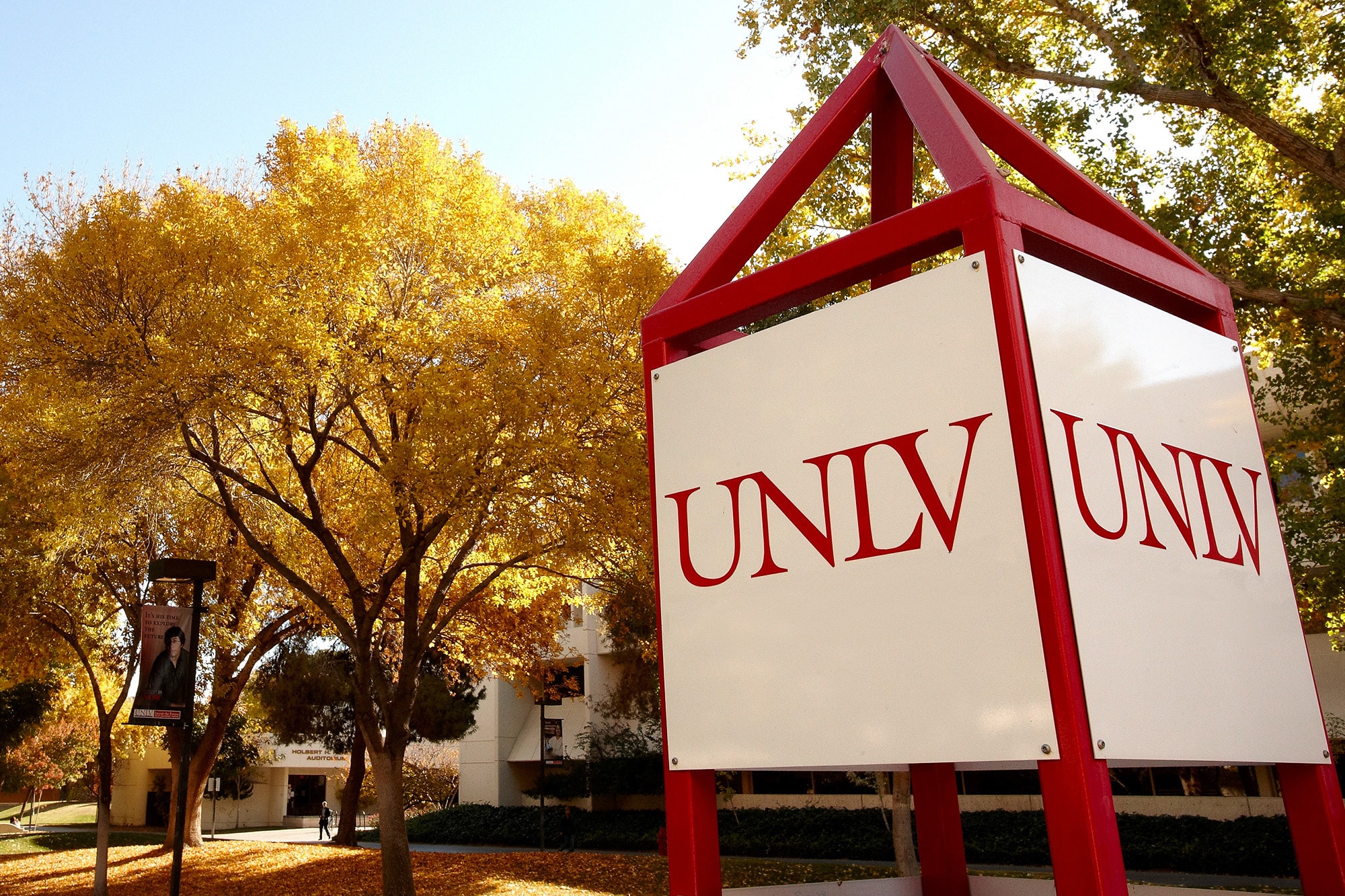"Woman says she found finger in her Wendy's chili." That headline in early 2005 drew national attention and led to a sharp drop in sales for Wendy's, even after the event was revealed as a sickening hoax. The fast food chain's chief response to win customers back was to offer a weekend of free Frosty shakes as a show of goodwill and commitment. Now researchers from the University of Nevada, Las Vegas and University of California, Irvine show why that approach didn't work, and offer more viable solutions for companies like Wendy's that have to deal with negative publicity, potentially resulting in millions of dollars saved.
Kathryn A. LaTour, an assistant professor of hospitality marketing in the William F. Harrah College of Hotel Administration, and Michael S. LaTour, a professor and chair in the Department of Marketing in the College of Business, researched what went wrong during and after the Wendy's investigation. Their study of the effects of reconstructive memory offers suggestions for businesses dealing with the damage of a reputation that follows an instance of negative publicity, like the finger in chili episode.
The research team developed two print advertisements, one illustrating an offer for a free Frosty (which is how Wendy's actually responded to the crisis), and the other depicting a young child happily eating Wendy's burgers and fries. The idea was to test the power that advertising might have on consumers' memories and emotions. The researchers surveyed one hundred participants, all undergraduate students at UNLV, who were regular fast-food consumers and who indicated they knew about the finger in chili incident. Participants only saw one version of the ad, and then provided feedback on their attitude toward the ad. They then indicated how likely it was that they had fond memories of eating at Wendy's as children. The other group indicated their feelings toward the restaurant after being offered free food in the wake of the finger incident.
"The typical response to such service failures is to offer comps or some price discount," said Michael LaTour. "Wendy's attempted to 'fix' their public relations problem by offering free Frosty's. In our research, we found that trying to appeal to consumers rationally through offering a free promotion is not as effective as trying to appeal to them on an emotional level." Michael LaTour said their research showed that offering something for free can often make the consumer suspect of the provider's intent. "In the longer term, such price changes can lead to a discounting mentality among consumers," he said.
Kathryn LaTour said their research offers a different approach. "If the hotel and restaurant industry instead focus on framing consumers' experiences with emotionally engaging communications, there lies the opportunity to both harbor greater loyalty and maintain price integrity," she said. "For instance, in our research we found that an advertisement for Wendy's that referenced childhood autobiographical experiences led to more favorable brand attitudes and likelihood to revisit than did the free Frosty promotional ad."
Their analysis, "Is That a Finger in My Chili? Using Effective Advertising for Post-crisis Brand Repair" is featured in the prestigious Cornell Hotel and Restaurant Administration Quarterly, the most highly ranked journal in its area, per a recent national ranking study.
<b>**Editor's Note: Copies of the featured article are available upon request. Please call 895-3102** </b>



